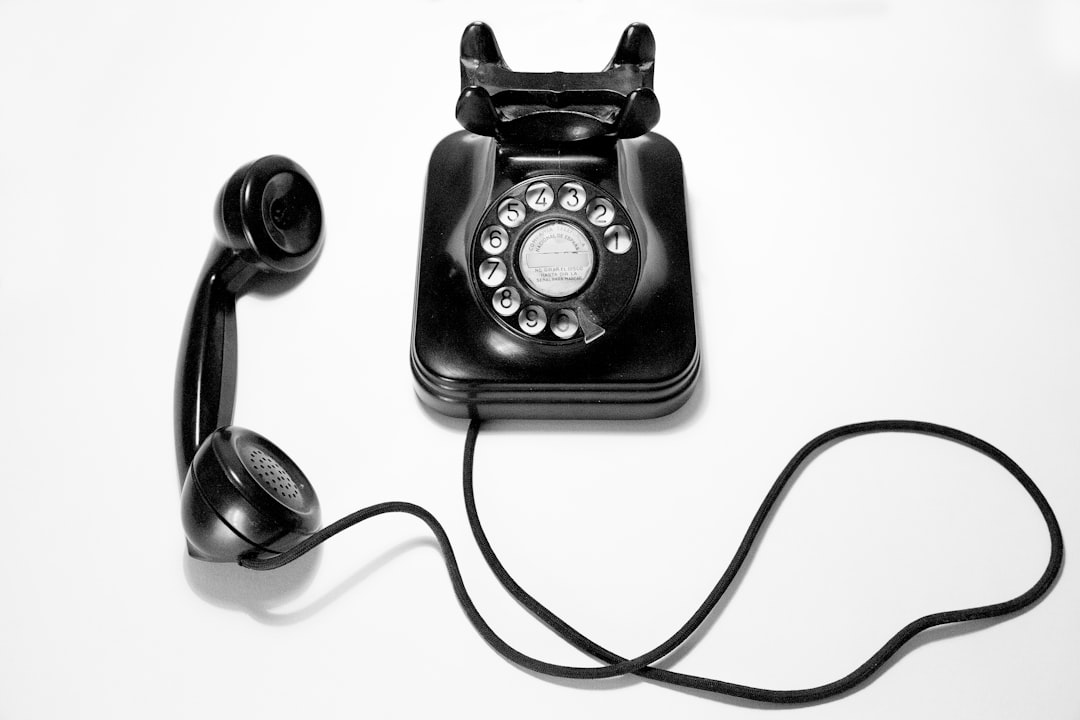Unwanted phone calls in Philadelphia are a privacy concern leading to consumer protection issues. The solution lies in Pennsylvania's Do Not Call Registry and consulting a specialized lawyer for Do Not Call Philadelphia. Residents can register their numbers, file complaints via the Attorney General's Office, and engage legal counsel for tailored guidance. Prompt action through these steps stops harassment, protects rights, and ensures a peaceful communication environment.
Tired of unwanted phone calls? You’re not alone. In Philadelphia, persistent or harassing calls can be a nuisance and are often illegal. This guide equips you with the knowledge to understand your rights and take action. We’ll walk you through filing a complaint against unwanted calls, detailing the steps involved and highlighting when a lawyer for Do Not Call Philadelphia can offer invaluable assistance. By the end, you’ll be armed with the tools to silence unwanted callers.
Understanding Unwanted Calls and Your Rights in Philadelphia

Unwanted phone calls, often referred to as telemarketing or robocalls, can be a nuisance and even a violation of your privacy in Philadelphia. These calls may include pre-recorded messages, live salespeople, or even scam artists aiming to deceive you. In Pennsylvania, there are strict laws in place to protect consumers from these types of calls, specifically the Do Not Call Registry. If you’ve received repeated unwanted calls, understanding your rights is essential.
In Philadelphia, residents can register their phone numbers on the state’s Do Not Call list, which restricts telemarketing calls. Additionally, hiring a lawyer specializing in Do not call regulations in Philadelphia can be beneficial if you believe your rights have been infringed upon. These legal professionals can guide you through the process of filing a complaint with the Pennsylvania Attorney General’s Office and ensure your voice is heard to stop unwanted callers.
Navigating the Process: Steps to File a Complaint

Navigating the process of filing a complaint against unwanted calls in Philadelphia can seem daunting, but with the right steps, it becomes a manageable and effective way to protect your privacy. The first step is to gather all relevant information about the calls you’ve received, including dates, times, and any details that might help identify the caller. This includes taking note of any unique patterns or threats made during the calls. Once you have this information, contact the Pennsylvania Department of State, which oversees compliance with the Do Not Call laws in the state. They provide a straightforward process to file a complaint online or over the phone.
Next, consider consulting a lawyer specializing in consumer rights and privacy laws, especially one experienced in handling cases related to a do-not-call lawyer for Philadelphia. Legal counsel can guide you through the specifics of Pennsylvania’s laws and ensure your complaint is filed correctly. They can also assist in taking further action if necessary, such as seeking legal remedies or negotiating with the offending party. Remember, prompt action is key; the faster you file a complaint, the better chance you have of stopping unwanted calls and setting a precedent for similar cases.
The Role of a Lawyer for Do Not Call in Philadelphia

When dealing with persistent unwanted calls, many individuals in Philadelphia find it beneficial to consult a lawyer specializing in Do Not Call laws. These legal professionals play a crucial role in helping citizens navigate the complex regulations surrounding telemarketing practices and ensuring their rights are protected. A lawyer for Do Not Call Philadelphia can provide valuable guidance on how to file a complaint effectively.
They assist clients in understanding their legal options, explaining the process of taking action against violating companies, and representing them throughout the dispute. With their expertise, individuals can assert their right to silence unwanted calls and hold perpetrators accountable, ensuring a more peaceful and respectful communication environment.






